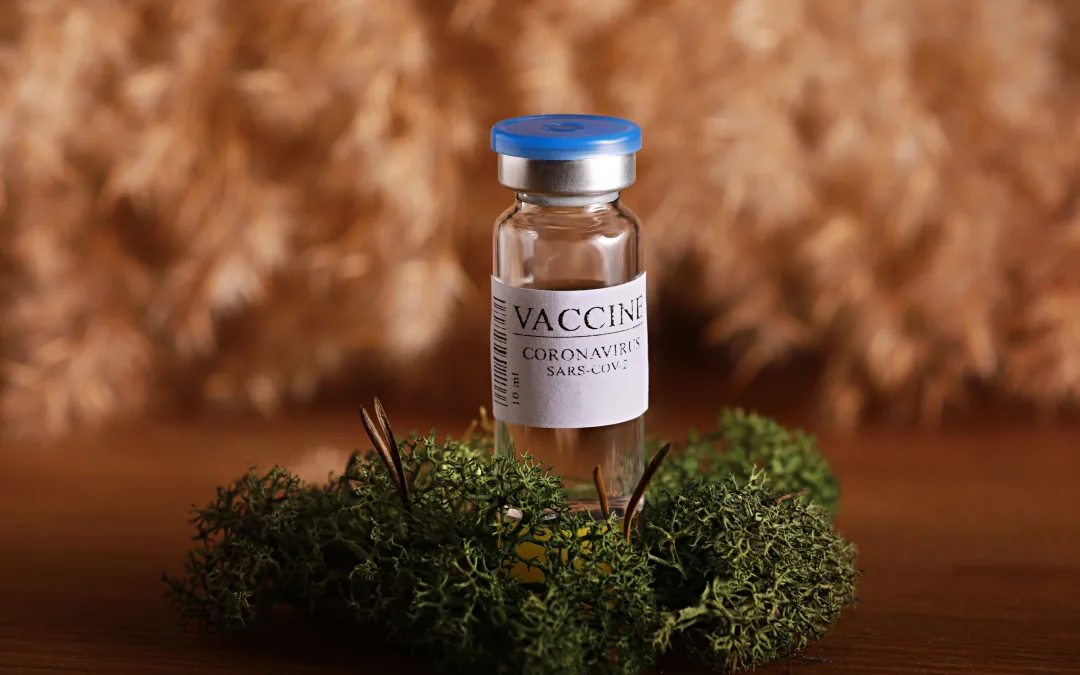INTRODUCTION
This article is not to ridicule or question science; rather, to capture various opinions and discuss misinformation & disinformation Associated with mRNA covid-19 vaccines uptakers OR with respect there of. It also discusses viewpoints of what authorities that be are or not doing. Lets dive into it.
|| OPINION ||
There is a storm brewing about the first ever administration of mRNA vaccines for covid. Underpinned on the dynamic & digital nature of the world we live in today; it is proving to be more difficult to ascertain what to believe in or not. After all, humanity itself established and agrees that every human being is autonomous; thus, should be heard and their views respected.
One cannot help but wonder if it is autonomy that is the root cause for the critical nature of humanity today, as everything we do has to be critically assessed and reviewed regardless of the motive or work invested. Because one feels some type of way about it, chances of success become minimal ~ I digress.
There is a storm brewing about the first ever administration of mRNA vaccines for covid. To be precise, today 21 March, 2023, my social media algorithms, including some search engines have done a great job to feed my digital space with controversial content as regards Covid-19 vaccines; (Adverse effects – now and in the future, efficacy etc.).
The level of effort in these controversial digital content is astonishing even for health security and/or infodemics experts. I, personally, am intrigued!
I realize that due to dire circumstances the whole globe was in during the covid 19 epidemic spread, some critical and essential discussions that should have been had were not. And now, the critical and autonomous selves have come back to bite efforts of the structures that be. Understandably so because some people are reportedly experiencing health conditions they have never had until they took the vaccines.
If you will, let us all engage (experts and none-experts alike):

Michael Muyambango’ Blog | Health System | Covid 19 Vaccine | Misinformation & Disinformation
-
What is mRNA?
mRNA is a form of genetic material called messenger RNA, or in short mRNA, that transports instructions from DNA in the cell’s nucleus to ribosomes in the cytoplasm, where proteins are made. In other words, mRNA serves as a link between the production of DNA and proteins.
A process known as transcription is used to create mRNA, during which a segment of DNA is “read” and a complementary RNA sequence is created. After leaving the cell nucleus, this mRNA molecule moves to the ribosome, where it is translated into a particular protein sequence.
mRNA technology is used to create vaccines that operate by guiding cells in the body to manufacture a harmless fragment of a virus or other pathogen, which in turn elicits an immune response and aids the body in developing immunity to the actual infection. For instance, this is how the Pfizer-BioNTech and Moderna COVID-19 vaccines function.
Although mRNA technology is a relatively young field of study, it has the potential to transform medicine by making it possible to create novel treatments and vaccines for a variety of ailments.
-
Is mRNA safe for humans?
Literature review shows that indeed, mRNA vaccines have been proven to be both reliable and secure for use in people. Based on evidence confirming their safety and efficacy, regulatory organisations such the US Food and Drug Administration (FDA) and the European Medicines Agency (EMA) have approved the Pfizer-BioNTech and Moderna COVID-19 vaccines for emergency use.
mRNA vaccines operate by telling cells in the body to generate a harmless component of the virus called a spike protein. In this case, the virus used is the SARS-CoV-2 virus that causes COVID-19. The immune system is trained to detect and combat the virus if a person is exposed to it in the future thanks to the spike protein.
To answer why not the usual/ traditional way of developing vaccines compared to mRNA’
mRNA vaccines can be created more quickly than conventional vaccinations, which is crucial in the event of a pandemic. As they don’t contain any live viruses and can’t spread the disease they are meant to prevent, they are also widely seen as being safer. Moreover, mRNA vaccines may be quickly altered if new viral variations appear, potentially increasing their efficacy against novel virus strains.
Overall, the information available indicates that mRNA vaccines are safe, efficacious, and a key component of the worldwide campaign to contain the epidemic.
-
What scientific evidence is there to prove that the usage of mRNA vaccines will not have adverse impact on humanity in the future?
It makes sense that there should be worries regarding the long-term safety of mRNA vaccines given that the discovery and administration of these vaccines is a relatively recent area of research. The existing scientific data and regulatory control, however, point to the safety of mRNA vaccines for human use.
It’s crucial to remember that mRNA vaccines have completed rigorous clinical studies with tens of thousands of volunteers, and the results have shown that they are both safe and effective. Also, regulatory organisations including the European Medicines Agency (EMA) and the US Food and Drug Administration (FDA) have carefully examined the evidence and approved the emergency use of mRNA COVID-19 vaccinations.
As more people receive the vaccination, continuing vaccine safety monitoring also occurs. For instance, in the US, the Vaccine Adverse Event Reporting System (VAERS), which gathers and examines reports of adverse events that happen after vaccination, is used by the Centers for Disease Control and Prevention (CDC) and the FDA to monitor vaccine safety. The CDC also has a programme called v-safe that tracks vaccination safety in real time through text messaging and web questionnaires.
It’s also important to note that the technology utilised in mRNA vaccines has been widely researched, and preclinical studies have been conducted to assess the safety of the method.
Although the use of mRNA vaccines for human immunisation is still relatively new, the underlying science has undergone extensive research and is based on a thorough knowledge of the biology of gene expression and protein synthesis.
Overall, the data demonstrates that mRNA vaccinations are safe and effective for the prevention of COVID-19, despite the fact that it is hard to predict with confidence the long-term safety of any vaccine or drug. Further information on the security and effectiveness of these vaccinations will continue to be gathered via ongoing research and monitoring.
Click here to learn more
What measures and controls have you put in place with regard to such a sensitive and critical development of usage of mRNA technology to combat epidemics of this nature, especially for third world or developing countries like Zambia? Are you listening to these messages being spread around, and what are you doing about it?
Click here to learn more
RECOMMENDATION
Controlling misinformation and disinformation can be a complex and challenging task, as it involves identifying and addressing false or misleading information that is often spread rapidly through social media and other online platforms.
For WHO and Ministries of Health, especially in under-developed countries, it is highly recommended that swift, prompt and effective strategies are devised sooner that later. This is attributed to the mare fact that under-developed/3rd world countries are more prone to manipulation due to the low social-economic statuses with many consuming everything digitally availed to them, especially conspiracy.
- Increase public awareness: Educating the public about the dangers of misinformation and disinformation can be an effective way to reduce their impact. This can involve promoting media literacy, critical thinking, and fact-checking skills.
- Promote trustworthy sources of information: Promoting and sharing information from reputable sources, such as scientific journals, government agencies, and reputable news outlets, can help to counteract false or misleading information. However, it is very important to note that this maybe a race about who reaches the consumer first between the credible source and the malicious one. In the event that its the latter, credible sources may also be doubted, hence an attributable factor to low intervention uptake like vaccinations.
- Fact-checking: Fact-checking can be a useful tool in identifying false or misleading information. Fact-checkers can verify the accuracy of information and provide corrections or additional context where necessary.
- Collaboration: Collaboration between government agencies, media outlets, and social media platforms can help to identify and address misinformation and disinformation more effectively. This can involve sharing data and resources, as well as coordinating efforts to combat false or misleading information. With Gen-Z in the wake, the usage of social media influencers should be normalized and not overlooked and discredited as clout.
- Technology solutions: Though this may share a thin line boarder-line inversion of privacy or some human right out there, Technology solutions, such as AI-powered algorithms and content moderation tools, can also be used to identify and remove false or misleading information from social media and other online platforms.
Ultimately, combating misinformation and disinformation requires a multifaceted approach that involves education, collaboration, and technological solutions. It’s important to recognize that controlling misinformation and disinformation is an ongoing challenge that requires ongoing vigilance and effort.
Would love to hear your thoughts so please comment below or follow this discussion and/or share your thoughts at my linkedIn profile: ” Here “

